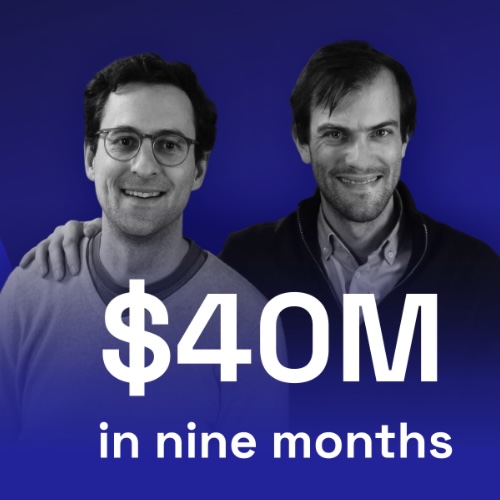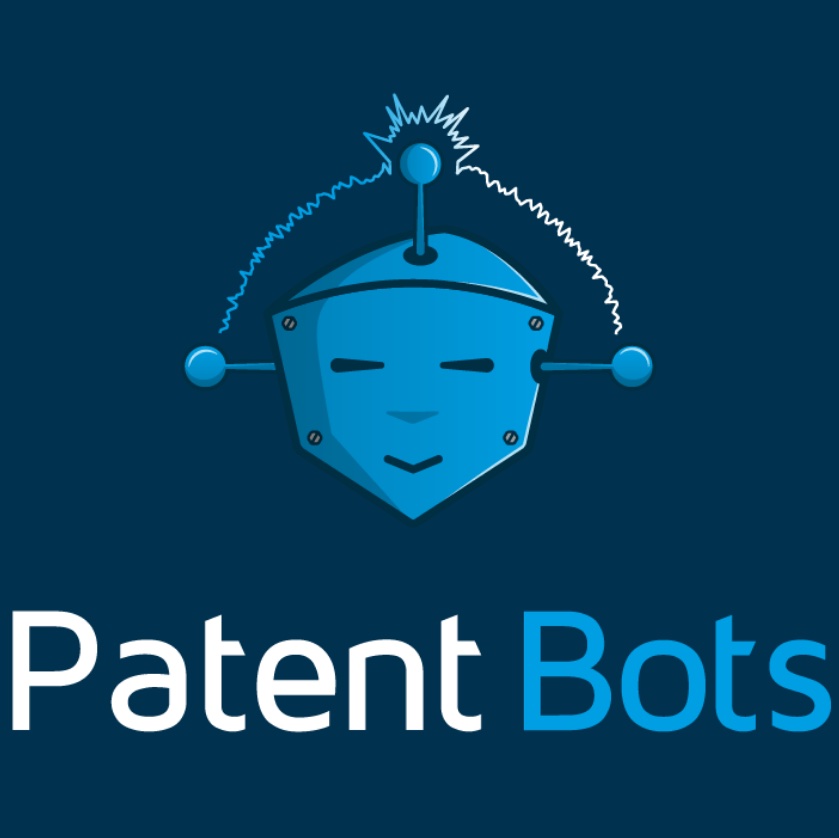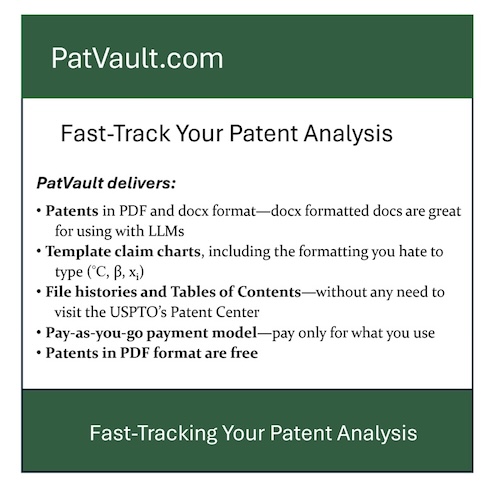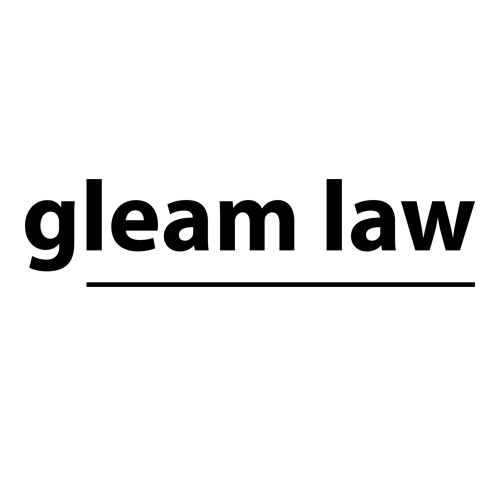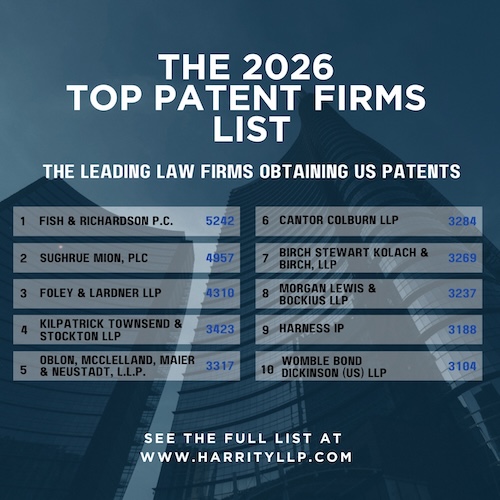Under today’s patent system, inventors are only allowed to procure one type of patent—the standard utility patent. Despite the amount of power in the standard utility patent, this restriction oppresses the American inventor. Large numbers of people cannot afford the costs to procure and enforce the standard utility patent, and for many of the ones who can, it often does not pack enough firepower to allow them to fully recover. Because each invention is different, each instance of infringement is different. A single $20,000-$30,000 utility patent is not even close to being capable of addressing every one of those instances. The solution is very simple—different types of patents must be created.
What does it mean to be a prolific inventor in an era of corporate retrenchment, weakened patent rights, and risk-averse innovation culture? This week on IPWatchdog Unleashed, I had the opportunity to explore that question with Fred Shelton—an engineer who has accumulated more than 3,000 patents over roughly two decades, primarily during his career at Johnson & Johnson. Shelton describes himself not as an IP professional, but as an engineer who “documents engineering through patents.” That distinction is more than semantic. It reflects a philosophy of invention that is structured, disciplined, and deeply contextual.
The U.S. Court of Appeals for the Federal Circuit (CAFC) on Tuesday partially reversed and remanded a decision of the Patent Trial and Appeal Board (PTAB) that had found Medivis, Inc. failed to show certain claims of Novarad Corp.’s patient imaging patent unpatentable as anticipated and also failed to show other claims unpatentable as obvious. The CAFC affirmed as to anticipation but reversed as to obviousness, holding that the Board relied on the wrong legal standard in finding no motivation to combine.
The legal profession rewards endurance, precision and control. It also quietly normalizes stress, isolation and overextension. For patent practitioners and other IP lawyers, the pressures are uniquely acute: compressed prosecution deadlines, high-stakes litigation exposure, often unrealistic client-driven budget constraints, regulatory whiplash at the U.S. Patent and Trademark Office (USPTO), and increasingly complex technologies layered with global filing and prosecution strategy. The result is predictable. Even the most capable lawyers will, at some point in their careers, struggle.
In this episode of IPWatchdog Unleashed, I speak with Matt Johnson, Co-Chair of the PTAB Practice at Jones Day, and we take an in-depth look at the Patent Trial and Appeal Board (PTAB) nearly a decade and a half after its launch. Johnson and I discuss the ongoing PTAB reset at the United States Patent and Trademark Office (USPTO) and suggest practical fixes for a better, reengineered PTAB. The majority of the conversation is devoted to concrete, targeted reform suggestions that would lead to a better functioning PTAB and more streamlined IPR review system. Instead of abstract complaints, Johnson proposes narrowing PGR estoppel to encourage early challenges, moving IPR estoppel to the point of institution to eliminate gamesmanship, separating institution decisions from full merits adjudication to reduce confirmation bias, and rethinking quiet-title concepts to better align notice to implementers with settled expectations of patent owners.
In this week’s episode of IPWatchdog Unleashed, I speak with Megan Carpenter, who just recently stepped down as Dean of UNH Franklin Pierce School of Law after more than eight years. Our conversation was part personal journey and business philosophy together with a candid assessment of the IP ecosystem. We tackle emerging issues, including AI’s impact on legal practice and education. And we discuss the role of IP as essential to sustaining innovation in a rapidly evolving global economy, and fostering human creativity, innovation, and economic mobility.
In the latest episode of IPWatchdog Unleashed, I sat down with my good friends Brad Close, who is the Executive Vice President of Transpacific IP, and Jim Carmichael, a former judge on the Board of Patent Appeals and Interferences and founder of Carmichael IP. Brad, Jim and I engaged in a candid conversation that provides our unvarnished assessment of the Patent Trial and Appeal Board (PTAB), where it started historically, where it is today, and where it may finally be headed. Bottom line: the PTAB is no longer the automatic execution squad it once was, but durable patent rights will require reform well beyond the agency level.
Welcome back to Cool AI Patents of the Month, where we spotlight inventive developments at the intersection of artificial intelligence (AI) and intellectual property. In this installment, we take a look at two standout innovations—one that could transform how we watch sports, and another that may reshape how our vehicles understand the road ahead. Both illustrate how quickly AI is integrating itself into our daily lives.
Today, the U.S. Supreme Court issued an order list including the denial of a petition for writ of certiorari filed by Dr. Stephen Thaler that challenged federal agency and court rulings preventing copyright registration for an image generated entirely by artificial intelligence (AI). In following the U.S. Solicitor General’s call to deny cert to Thaler’s appeal, the Supreme Court declined invitations from both sides of the AI authorship debate to clarify the copyrightability of works that are substantially AI-generated.
Following a Department of Justice (DOJ) press release issued last week announcing that a patent examiner agreed to pay $500,000 to settle allegations that she worked on a number of patent applications in which she held a direct financial stake, U.S. Patent and Trademark Office (USPTO) Director John Squires on Monday issued new guidance directing patent examiners to recuse themselves in all instances where they have a financial stake in a patent applicant’s company.
As we wind down 2025 it is time to reflect on the year that was, and what the future will bring. This year was punctuated by a structural reset for the U.S. patent system. What unfolded was not just incremental reform, but a coordinated shift driven by leadership change, policy realignment, economic pressure, and accelerating adoption of AI—all converging to reshape how patents are examined, challenged, monetized, and managed. This week on IPWatchdog Unleashed we explore the monumental changes and the biggest trends that impacted the patent and innovation industry during 2025, and which will play an important role in defining 2026.
This week on IPWatchdog Unleashed, I sat down with prolific inventor Gil Hyatt, exploring his innovative journey and aspirations to leave a lasting legacy. One of the key highlights of the conversation was Gil’s creation of a non-profit Pioneering AI Foundation, which is aimed at advancing AI technology and bolstering U.S. economic interests. This non-profit organization is set to hold Gil’s substantial portfolio of AI patent applications, which cover his pioneering work dating back to the 1980s, and includes groundbreaking claims in artificial intelligence that could revolutionize sectors like education, manufacturing, and trade.
This week on IPWatchdog Unleashed, I sat down with my business and life partner, Renee Quinn. In addition to telling Renee’s story about how she found her way into the intellectual property world, and through our sometimes-comical banter, we together explore what it really takes to build, sustain, and continuously reinvent an entrepreneurial company like IPWatchdog. What emerged was a practical roadmap for entrepreneurship, invention, navigating platform risk, and focused on the necessity of constantly being ready to pivot as old business models start to show signs of age and ultimately falter. From Renee’s journey from IP outsider to patented inventor, to firsthand lessons learned navigating Amazon’s reseller ecosystem, the discussion highlights how intellectual property operates in the real world, not the classroom.

Latest Podcasts

IPWatchdog Events
Webinar: Resurrecting Antibody Genus Protection – Allowed Claims Through CDR-Scanning
March 5 @ 12:00 pm - 1:00 pm ESTIPWatchdog LIVE 2026 at the Renaissance Arlington Capital View
March 22 @ 1:00 pm - March 24 @ 7:00 pm EDT
Industry Events
24th Annual Rocky Mountain Intellectual Property & Technology Law Institute
May 28 @ 8:30 am - May 29 @ 4:30 pm MDT
Subscribe to IPWatchdog
This is the best way to stay informed. We send a daily roundup of our latest news, press releases, and events.
Get Email Updates
Sponsored Content

Recent Podcasts


![[IPWatchdog Logo]](https://ipwatchdog.com/wp-content/themes/IPWatchdog%20-%202023/assets/images/temp/logo-small@2x.png)
![[Advertisement]](https://ipwatchdog.com/wp-content/uploads/2026/02/Integral-Molecular-Mar-5-2026-banner-with-speakers-1500x500-1.jpg)
![[Advertisement]](https://ipwatchdog.com/wp-content/uploads/2025/11/LIVE-2026-banner-regular-price-1500x500-rev1.jpg)
![[Advertisement]](https://ipwatchdog.com/wp-content/uploads/2026/02/LIVE-2026-sidebar-regular-price-new-700x500-1.jpg)
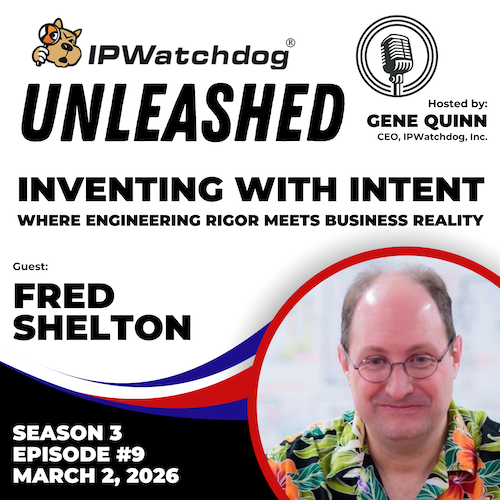
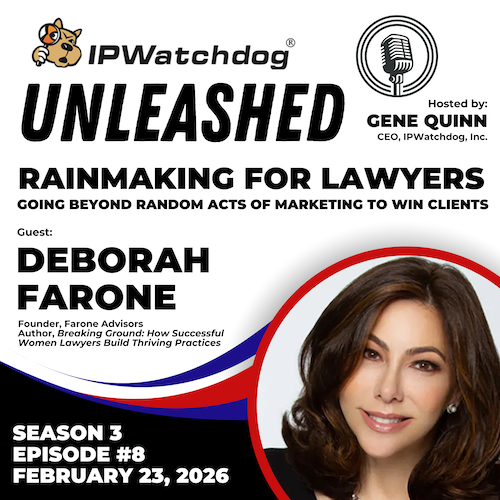
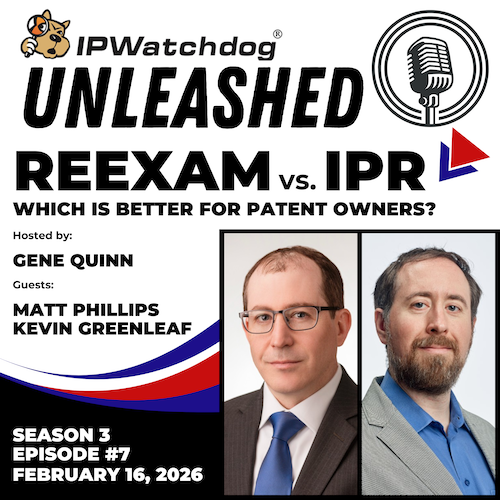
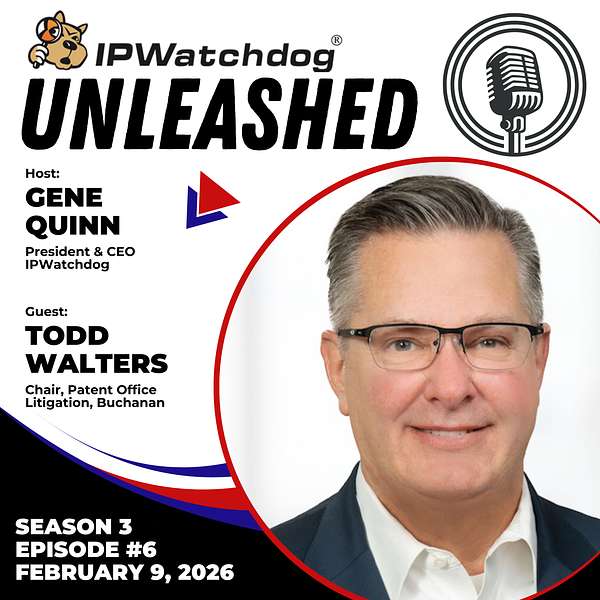



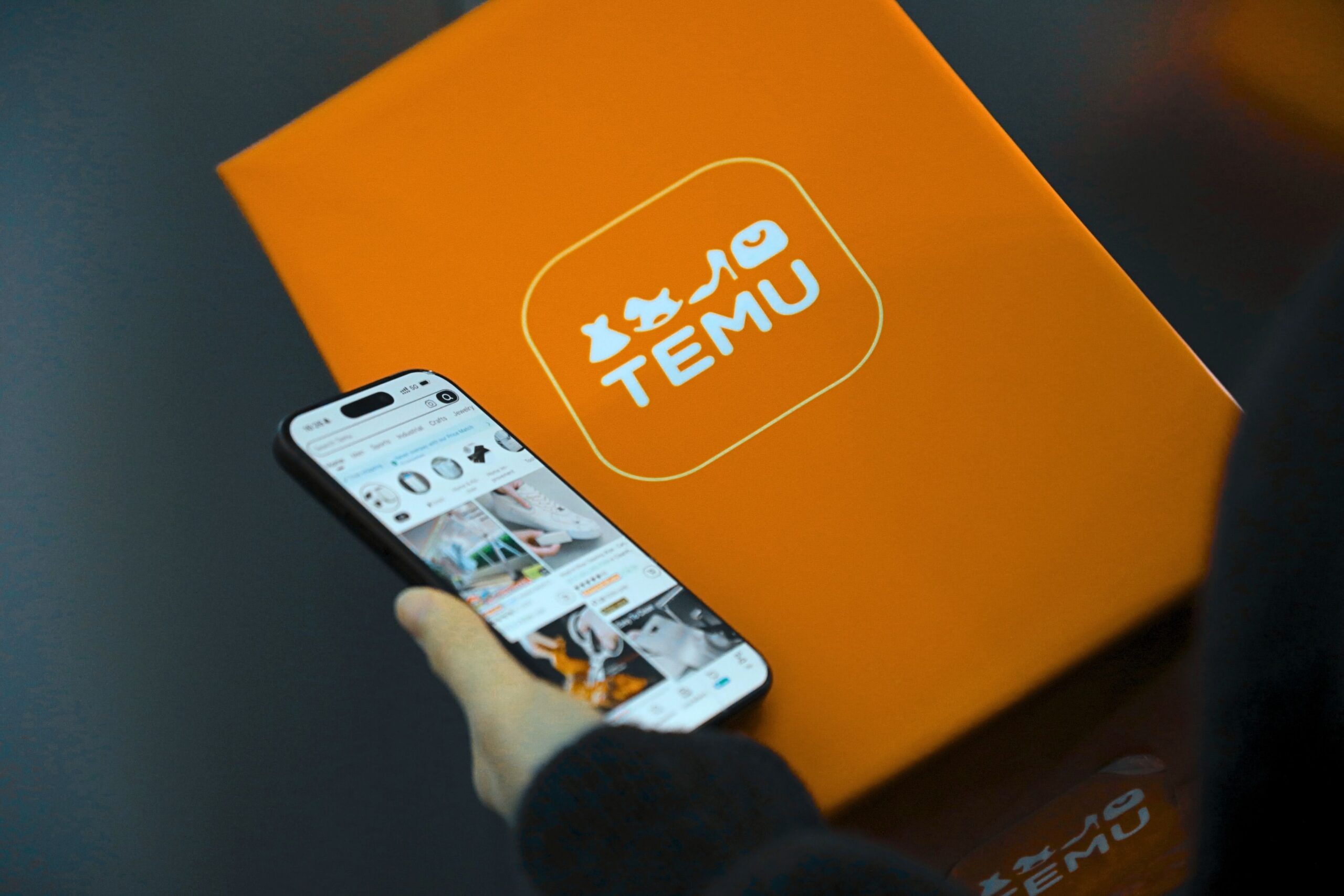


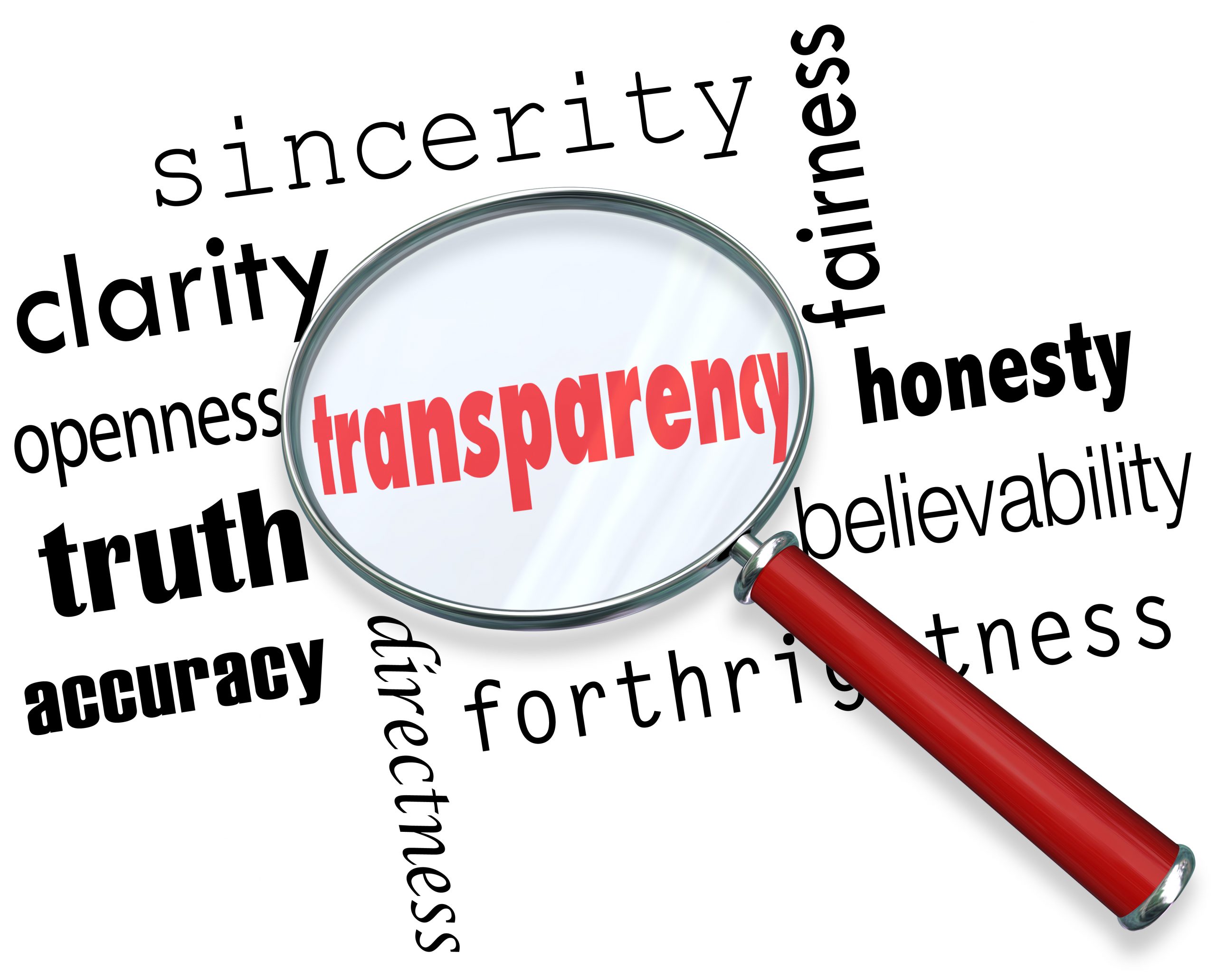
![[Advertisement]](https://ipwatchdog.com/wp-content/uploads/2021/12/WEBINAR-336-x-280-px.png)

